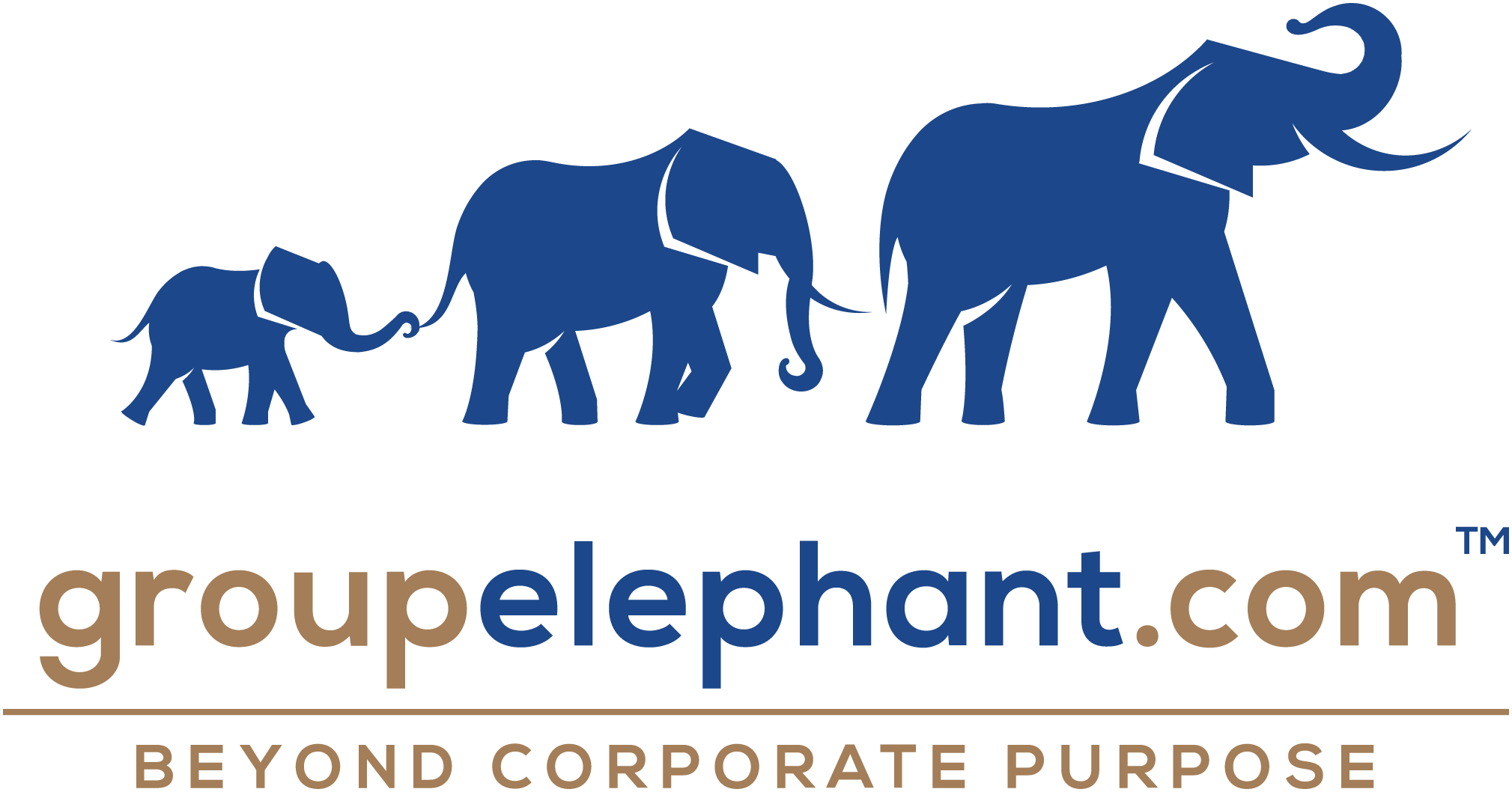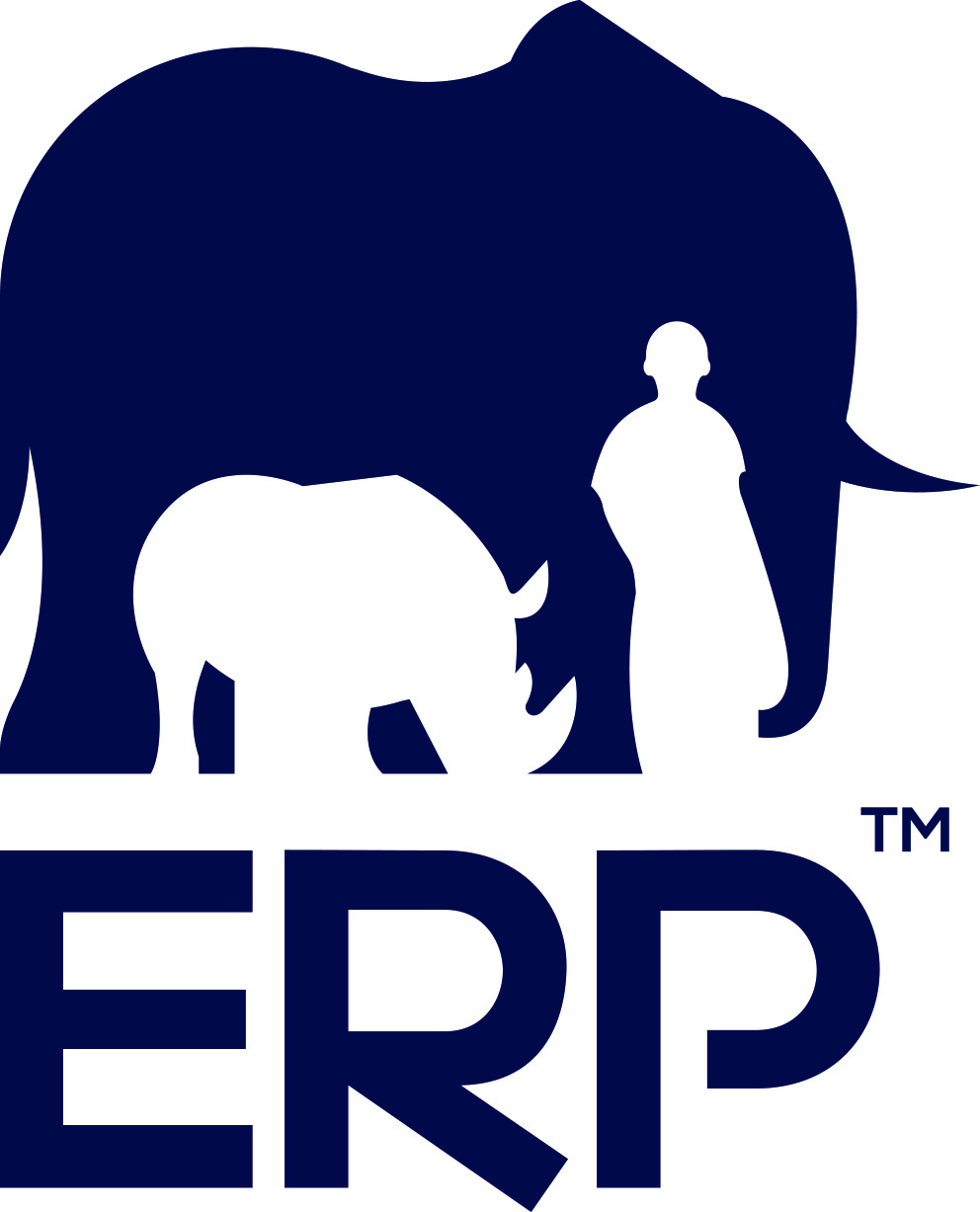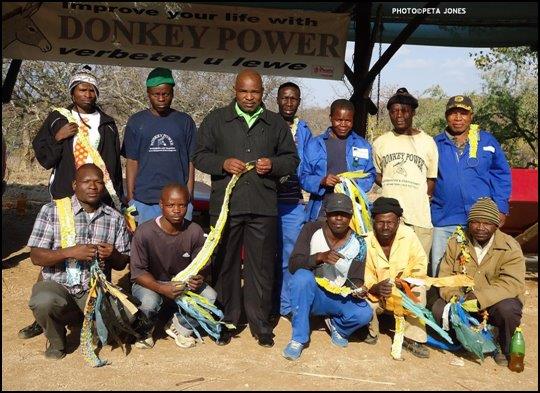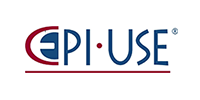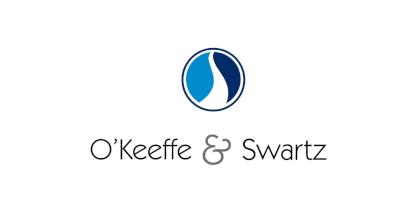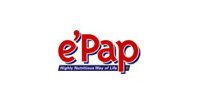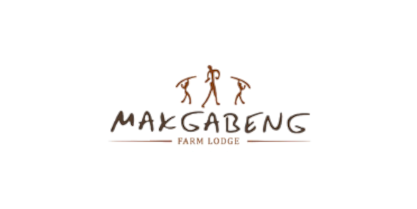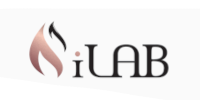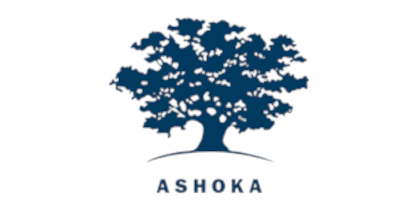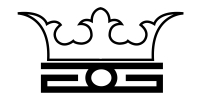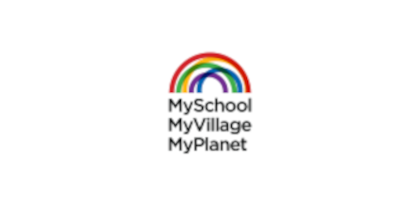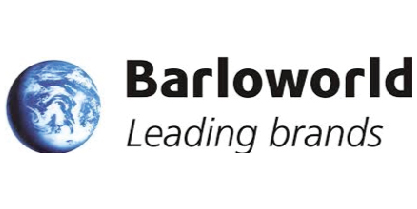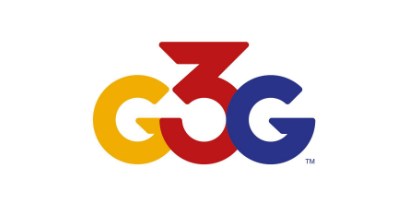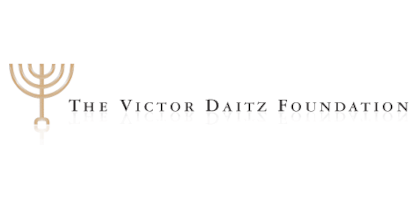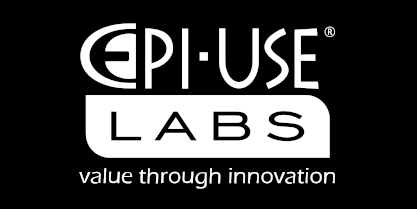
Cooperatives
Providing essential centralized financial management and marketing support services to primary cooperatives
“Cooperative: An autonomous association of persons united voluntary to meet common economic ,social and cultural needs and aspiration through a jointly –owned and democratically controlled enterprise.”
The P.E.A.C.E Model uses Cooperative management and Second tier services to assist previously disadvantaged communities to obtain self sufficiency.
Since 1994 farmers, craftsmen and women, small micro and medium enterprises in South Africa have been affected by deep social and economic changes. This transition causes many adjustment problems in some sectors of society. Despite government efforts the majority of rural South Africans still lack adequate access to support and services for sustainable livelihoods and enterprise development, as well as sustainable access to financial services (savings, credit, insurance, housing).
This situation calls for a much stronger emphasis on mutual self-help and reliance on own resources of people especially in rural and semi-urban areas and a reduced expectation that Government intervenes to assist them. People who form a co-operative or a self-help group have recognised that it is more successful to join hands with others and to start together an initiative from the “bottom” than to wait for help from the “top”. Central to the legal concept of a co-operative or a similar self-help group is its legal obligation to promote the economic interests of its members.
The P.E.A.C.E. Foundation has recently established its first Second Tier Cooperative for Paprika and vegetable farmers in northern KwaZulu-Natal, providing bulk buying, drying and bulk distribution facilities, enabling farmers to maximize their opportunities on the market.
Berkley Model Presentation
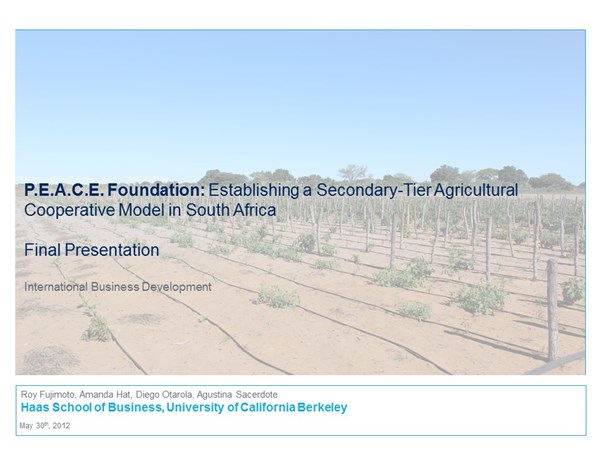
Berkley Model Presentation Download
